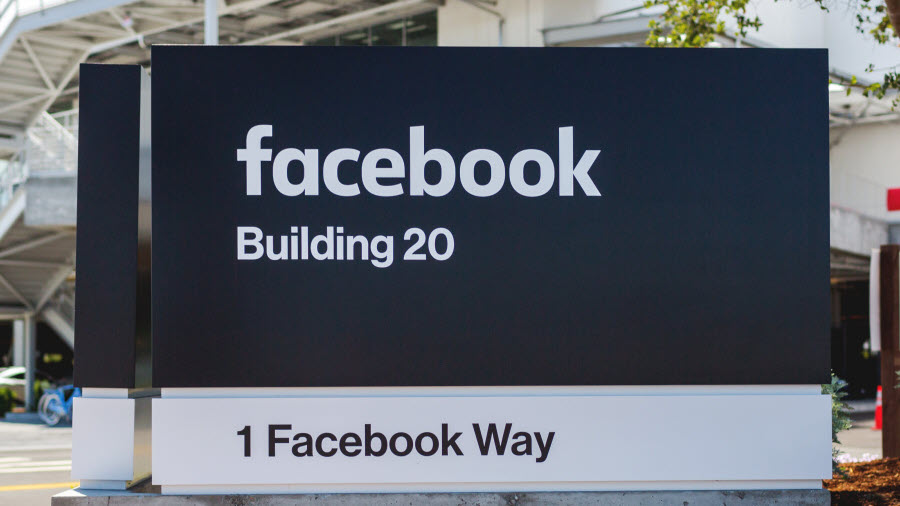Hill Dems Hammer Facebook Over Alleged Openness of Closed Groups

The smarter way to stay on top of broadcasting and cable industry. Sign up below
You are now subscribed
Your newsletter sign-up was successful
House Energy & Commerce Committee leaders are demanding a briefing from Facebook on its possible sharing of "deeply personal" health info from what were purported to be closed groups, and they want it done by March 1.
That came in a letter from Energy and Commerce Committee chair Frank Pallone, Jr. (D-N.J.) and Consumer Protection Subcommittee chair Jan Schakowsky (D-Ill.). The letter was prompted by a complaint filed with the Federal Trade Commission, which oversees edge provider and ISP privacy, that personal health info may have been exposed and led to harassment and potential discrimination based on the info, which included substance use, parenting transgender children, HIV status and history of sexual assault.
Related: Facebook, FTC Reportedly Negotiating Multi-Billion-Dollar Fine
“Despite the indications that the groups were private and anonymous, people and companies who should not have been admitted to these groups gained access to them and to lists of group members,” Pallone and Schakowsky wrote Facebook CEO Mark Zuckerberg.
“People used the member lists and other information from these groups to target and harass members of the groups," they wrote, adding: "Insurance companies may have used information from these private groups to make decisions about insurance offerings for group members.”
They are also concerned about the allegation that Facebook algorithms used personal information to suggest and solicit members of online groups for a variety of conditions.
"Labeling these groups as closed or anonymous potentially misled Facebook users into joining these groups and revealing more personal information than they otherwise would have," they said. "And Facebook may have failed to properly notify group members that their personal health information may have been accessed by health insurance companies and online bullies, among others.”
The smarter way to stay on top of broadcasting and cable industry. Sign up below
“Facebook is not an anonymous platform; real-name identity is at the center of the experience and always has been," said a Facebook spokesperson. "It's intentionally clear to people that when they join any group on Facebook, other members of that group can see that they are a part of that community, and can see the posts they choose to share with that community. There is value in being able to know who you’re having a conversation with in a group, and we look forward to briefing the committee on this.”
Related: Facebook Faces Yet Another Demand From Hill
Facebook does explain what's available in different group designations, including with the admonition that for closed groups: "Anyone can find the group and see who’s in it," while: "Only members can see posts.”
Administrators of closed groups can also hide membership to non-members by changing the privacy of their group designation from "closed" to "secret." Facebook also last year took further steps to restrict closed group member list visibility, but a source said that had been in the works and was not in response to anything.
Non-members of closed groups can still see some details about those groups, including a description and who the administrator and moderators are, while secret groups remain "undiscoverable" and their member lists not visible, they said.
Facebook has been D.C.'s primary target in a crackdown on edge provider giants holding reams of information and with valuations on par with the GDP of entire countries.
The Justice Department is under pressure to investigate Big Tech over how it got so big and how it uses that power, and the agency has signaled it could do just that.
Contributing editor John Eggerton has been an editor and/or writer on media regulation, legislation and policy for over four decades, including covering the FCC, FTC, Congress, the major media trade associations, and the federal courts. In addition to Multichannel News and Broadcasting + Cable, his work has appeared in Radio World, TV Technology, TV Fax, This Week in Consumer Electronics, Variety and the Encyclopedia Britannica.

